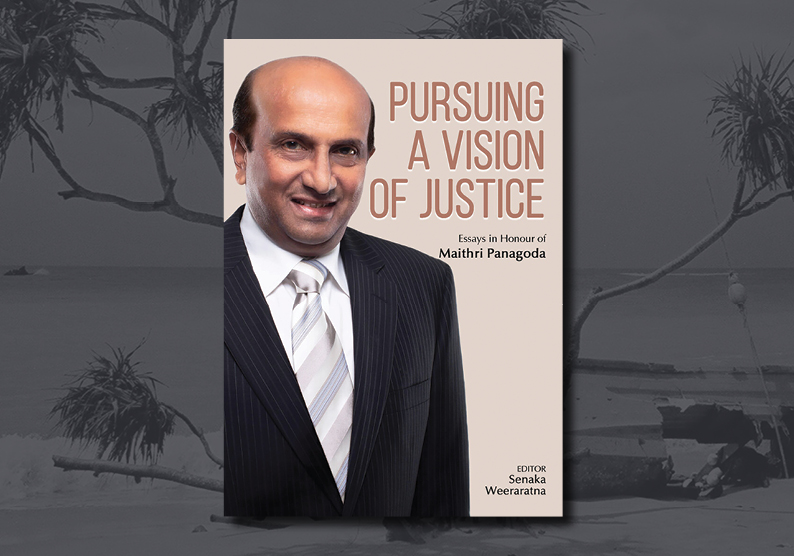

How do you go about avoiding vicarious trauma with the clients?
It’s a balancing act. For my work with the Stolen Generation, people broke down during settlement negotiations. We had to handle it very carefully. You need to have empathy; you can’t just go in and discuss technical and legal matters. You need to understand emotions. Sometimes mothers didn’t know where their children were, or children didn’t know who their natural parents were. At the settlement conference there was a round table with four representatives from the Government and five people from our legal side. There were tears from everyone at the table because we were hearing emotional human stories.
How do you navigate work life balance?
I’m very much a family man. I have three grown children and five grandchildren. One of my tricks is that when I leave the office, I don’t take my work with me. I used to say that I don’t take my jacket home. My jacket symbolises all my work worries and concerns, so I leave it in the office. That’s something you need to develop otherwise it’s very difficult to do this job. At the moment my main work is historical child abuse. These are terrible stories; each one is worse than the other. I apply the same principle in my personal life, so I don’t get affected.
What do you like to do in your spare time?
Ever since I was a child, I loved writing poetry. I have published a couple of collections. When I have time, I also compose songs. I’ve put out four CDs of songs, the lyrics written by me, sung by different musicians. Writing poetry and songs takes my mind off legal work and I really enjoy it. I’m still very much in love with Sri Lanka so I go back regularly and keep in touch with people there.
Law Society Journal readers can enjoy an exclusive extract of Pursuing a Vision of Justice in the latest edition for November. If you are interested in purchasing a copy of Pursuing a Vision of Justice, please click here.
Source – https://lsj.com.au/articles/six-minutes-with-maithri-panagoda/
